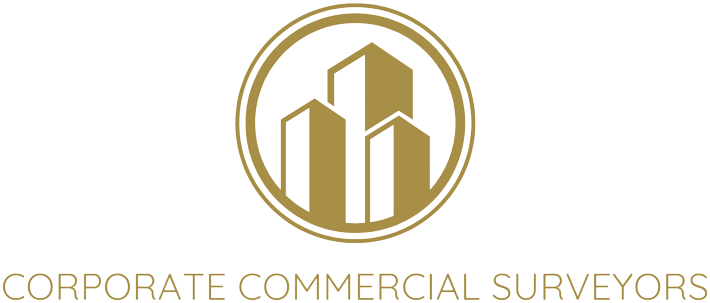Check Challenge Appeal – a Brief Guide
Understanding the Check Challenge Appeal Process
As a business owner in the UK, you may be responsible for paying National Non-Domestic Rates, also known as Business Rates, on your commercial property. These taxes are calculated based on the rateable value of your property, which is determined by the Valuation Office Agency (VOA). If you believe that your business rates are too high, you have the option to challenge and appeal the assessment.
The VOA uses a system called the Rating List to assign a rateable value to each non-domestic property. This rateable value is based on the estimated rental value of the property on a specific date, known as the “material day”. The VOA then applies a multiplier, known as the “Uniform Business Rate” (UBR), to the rateable value to calculate the business rates. It is worth noting that open market rental values can affect this process because they are often a contributing factor in determining the rateable value of a property.
If you believe that your business rates are too high, you can contact the VOA and request a review of your assessment. The VOA will then consider the evidence you provide and may adjust the assessment and the business rates accordingly.
If you are not satisfied with the VOA’s decision, you can appeal to the Valuation Tribunal for England or Wales. The Valuation Tribunal is an independent body that reviews appeals of business rates assessments. You must submit an appeal to the Valuation Tribunal within six months of receiving the VOA’s decision. The Valuation Tribunal will consider the evidence you provide and may reduce the business rates if it finds that the assessment is too high.
It’s important to keep in mind that you may challenge your business rates if you believe that:
- The assessed value of the property is too high
- The property is not being used for the purpose for which it was assessed
- The property has been damaged or destroyed, and the assessment does not reflect this
- The assessment is not consistent with comparable properties in the area
It’s also worth noting that you can challenge your rates more than once, however, you may only do so after the first appeal has been exhausted and you have new evidence to support your case. The appeal process can be complex and time-consuming, and it’s recommended that business owners seek professional advice from a qualified expert to help navigate the process.
Why should you engage in Check Challenge Appeal?
Appealing your business rates can be beneficial for several reasons:
- Potential Savings: If your property’s rateable value is too high, you might be overpaying. Successfully appealing can lead to significant savings on your business rates.
- Refunds and Rebates: If your appeal is successful, you could be eligible for a refund or rebate for overpayments made in previous years.
- Accuracy: Ensuring your business rates are accurate means they reflect the true value of your property. This can be particularly important if there have been changes to your property or its usage.
- Fairness: If similar properties in your area are valued lower, appealing can help ensure you’re not unfairly disadvantaged.
- Financial Health: Lower business rates can improve your business’s financial health, freeing up funds for other investments or operational costs.
What’s involved?
- Check Your Valuation:
- Register: Sign in or register for a business rates valuation account on the Valuation Office Agency (VOA) website.
- Add Property: Add your property to your account to check its details and rateable value.
- Submit a ‘Check’ Case:
- Verify Details: Ensure your property details are correct. If not, submit a ‘Check’ case to update them.
- Provide Evidence: Include evidence to support any changes you request.
- Submit a ‘Challenge’ Case:
- Challenge Valuation: If you believe the rateable value is too high, submit a ‘Challenge’ case after completing the ‘Check’ case.
- Explain and Evidence: Explain why you think the valuation is incorrect and provide supporting evidence.
- Appeal to the Valuation Tribunal:
- Appeal Decision: If you’re not satisfied with the VOA’s decision, you can appeal to the independent Valuation Tribunal within six months of the decision.
- Review Process: The Tribunal will review your evidence and may adjust the rateable value if they find it too high.
If you would like to find out how we can help your business in engaginf the Check Challenge Appeal process, please contact us. We can have an informal conversation about your property and, if appropriate, arrange for one of our assessors to meet with you and perform a summary inspection of your premises – at no cost to you.





